Why Russia’s Sputnik V Vaccine For COVID-19 May Not Reach India’s Homes
Are we getting the new ‘wonder’ vaccine any time soon? There are many questions about how effective it is.
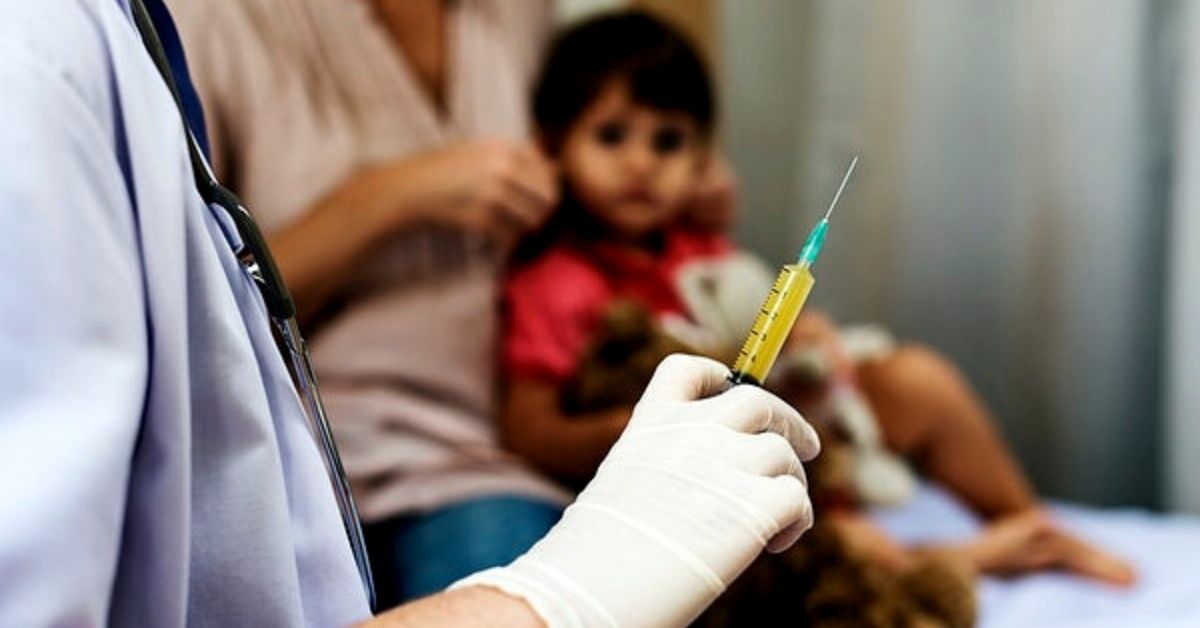
Ever since COVID-19 was declared a pandemic, nations across the world have been racing against time to develop a vaccine. In a way, it was not just to defeat the global pandemic but also to prove a nation’s prowess in the field of medical sciences. India too has left no stone unturned to make an effective vaccine available.
Yesterday, when Russia announced that they have approved a coronavirus virus, the world rejoiced. The Russian President even went to the extent of stating that one of his daughters had been administered the vaccine developed by Moscow’s Gamaleya Scientific Research Institute in collaboration with the Russian Defence Ministry. Mikhail Murashko, the Russian Health Minister, has stated that the mass vaccination campaign would begin in October.
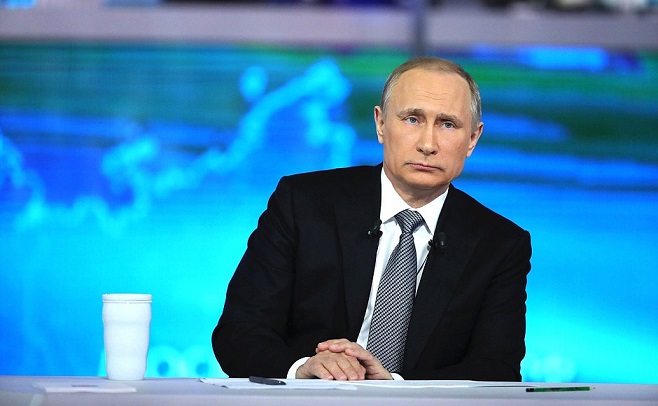
Health experts across the globe are worried about the risks involved which indicate that having the vaccine anytime soon is highly unlikely. Here, we look at the Sputnik V vaccine’s journey and the concerns posed by the scientific community.
1. Incomplete trial phases
Approval of a particular vaccine takes years but considering the dire situation, the process has obviously been expedited by manufacturers. However, before mass manufacturing and administering a vaccine, it has to be established that its benefits outweigh the risks. The Russian vaccine, however, has only completed two out of the four recommended trial phases preceding the approval of a vaccine.
“It has currently been tested on 76 patients while a successful clinical trial should complete four phases and be tested in tens of thousands of patients,” says Dr Vishal Rao, the principal investigator from Healthcare Global (HCG), who has been treating COVID-19 patients in Bengaluru.
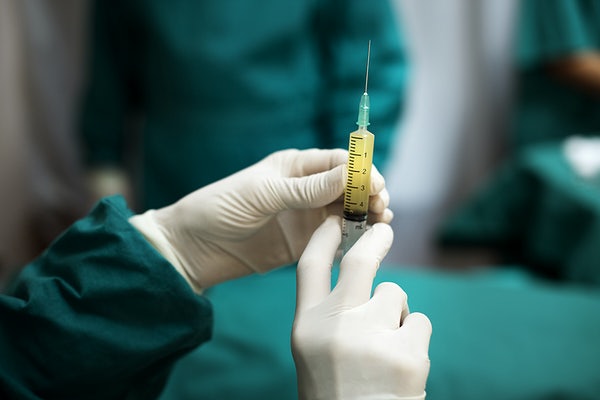
When a vaccine is developed, it is typically first tested on animals to see the response. Only after the response is positive, does the Phase 1 of the trials begin where it is tested on a few volunteers. These individuals are observed closely and the body’s response is monitored. After it is established that this is safe, Phase 2 commences and the observations are even more detailed and then Phase 3 begins when the immune response has been positive.
But, even after completion of these two important trial phases, researchers have recorded that vaccines still have a chance of failure regardless of initial positive response which is why employing caution is paramount.
Although the vaccine is available in the market after Phase 3, manufacturers and researchers also conduct Phase 4 trials to record any rare or long-term effects of the vaccine in larger populations.
2. No green signal from WHO yet
Although it is the national regulatory authorities that assess the efficacy and safety of a vaccine, the World Health Organisation gives its own stamp of approval by examining the quality and a green signal for its use.
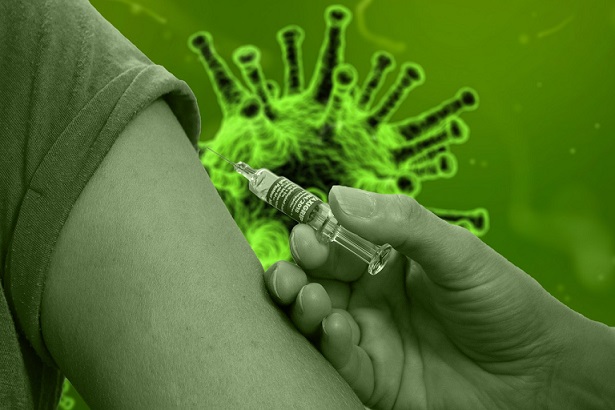
Tarik Jasarevic, WHO spokesperson addressed a UN briefing and while referring to the trials he said, “We are in close contact with Russian health authorities and discussions are ongoing with respect to possible WHO prequalification of the vaccine, but again prequalification of any vaccine includes the rigorous review and assessment of all required safety and efficacy data.”
Experts from the Association of Clinical Trials Organizations (ACTO), a non-commercial organisation representing companies at the forefront from global clinical research, have also expressed their concerns.
“Why are all corporations following the rules, but Russian ones aren’t? The rules for conducting clinical trials are written in blood. They can’t be violated,” said Svetlana Zaidova, ACTO Executive Director. “This is a Pandora’s Box and we don’t know what will happen to people injected with an unproven vaccine,” she added.
3. Lack of relevant research on the efficacy of the vaccine
The community of researchers across the world are also expressing concern over how little information is available on the experimental vaccine especially in the public domain. Although the official website has information on the two early-phase trials, definite results from these trials as well as findings of preclinical trials are lacking.
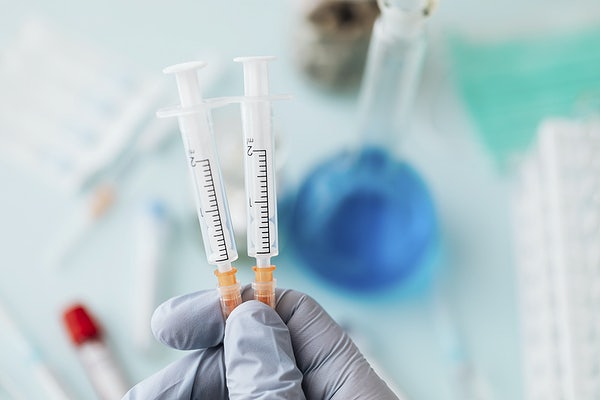
What we do know is that the vaccine is administered in two doses. The candidates in the trials have shown side effects like mild fever, headache, and skin irritation at the site of injection, something that is common with other vaccines also in the trial stage. Other than that, the Russian Health Minister also confirmed that doctors and teachers would be some of the first people who would receive the vaccine for free.
Yet, there are some grey areas. Dr Vishal Rao says that for a vaccine to prove its efficacy, the antibodies produced after administering the vaccine should last at least a year, something that hasn’t been proven in the case of Sputnik V. He further points out that the vaccine development process should take into consideration the response of the most vulnerable groups especially the co-morbid and the elderly. But, how the Russian vaccine has benefited or could help these groups, is unknown.
“Considering all this, we need to caution citizens that it is far too early to conclude on this vaccine efficacy. The least we can hope is that the efforts are a product of science of pandemics and not politics of pandemics,” he says.
The official website containing information on the Sputnik V clinical trials states that the Phase 3 clinical trials for the vaccine will only begin on August 12. It will involve more than 2,000 people from Russia, the Middle East and Latin American countries.
But, taking into account what the scientific community has to say, the road to finding the right vaccine is nowhere close to over. The quest to find a cure continues. Until then, wash those hands, stay at home and if you do have to step out, keep that mask on.
(Edited by Saiqua Sultan)
Like this story? Or have something to share?
Write to us: [email protected]
Connect with us on Facebook and Twitter.
If you found our stories insightful, informative, or even just enjoyable, we invite you to consider making a voluntary payment to support the work we do at The Better India. Your contribution helps us continue producing quality content that educates, inspires, and drives positive change.
Choose one of the payment options below for your contribution-
By paying for the stories you value, you directly contribute to sustaining our efforts focused on making a difference in the world. Together, let’s ensure that impactful stories continue to be told and shared, enriching lives and communities alike.
Thank you for your support. Here are some frequently asked questions you might find helpful to know why you are contributing?


This story made me
- 97
- 121
- 89
- 167










